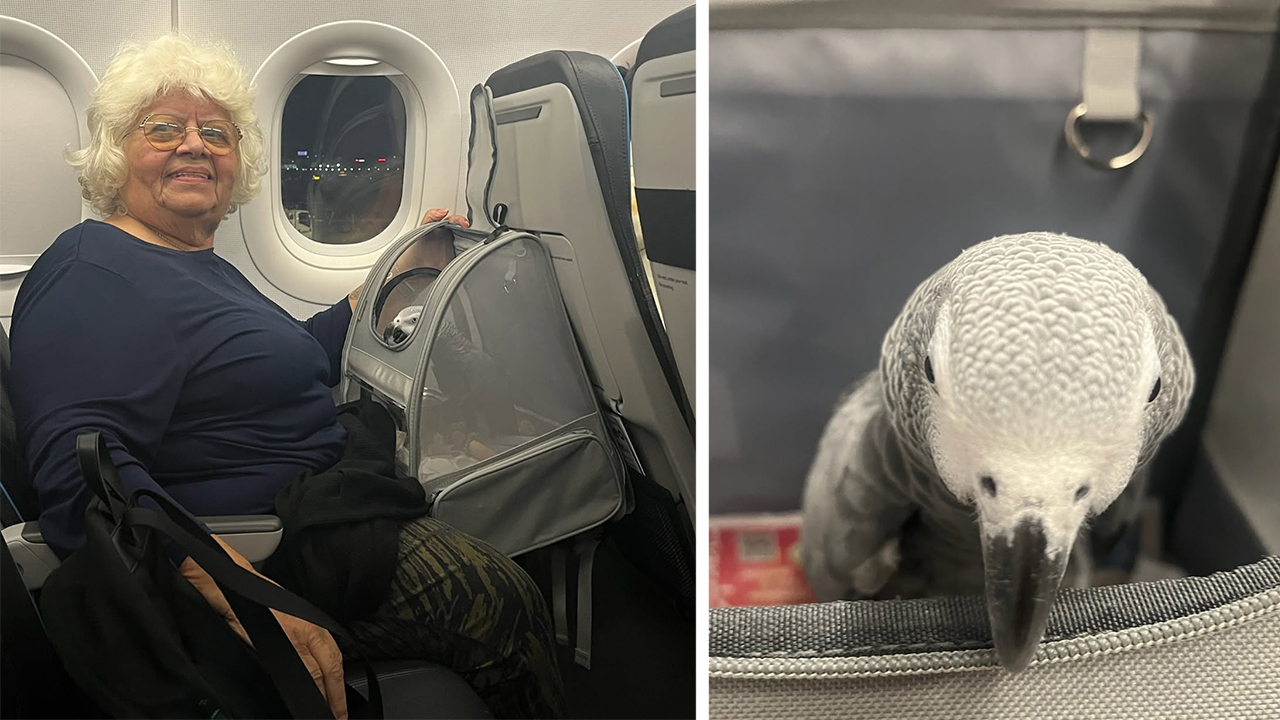Colon cancer among young adults may be different than older patients, new research finds

LOS ANGELES (KABC) -- March is Colorectal cancer awareness month. Researchers are looking into the surge in colon cancer cases especially in people under the age of 50. New findings suggest that what's happening in younger adults may be something totally new.
Colon cancer was the last thing on Carmen Susman's mind. He's 46-years-old, married with two young daughters and was just hitting his stride.
"I felt great so when all of this happened, it was really a kick in the chest," said Susman.
Scientists are just beginning to unlock why more Gen X'ers and even millennials are being diagnosed with colorectal cancer. Dr. Alok Khorana and his team at Cleveland Clinic discovered something unexpected in the guts of young patients.
"We found that the microbiome of younger onset colorectal cancer is actually different than the microbiome of older onset colorectal cancer," he said.
In their study, they found more bacteria in the tumor microbiome of younger adults with colorectal cancer.
One hypothesis is that the colon cancer that develops in younger people is driven by a different group of microorganisms.
"Is it related to diet? Is it related to the environment? Is it related to antibiotic use in younger people? We don't fully understand that. This is, you know, one more step in trying to figure out what is happening," said Khorana.
These findings need more study but could lead to new treatment and prevention options. What doctors do know is what you eat matters.
"Some things that have been consistently shown to increase the risk for colorectal cancer are diets that are high in red meats and excessive alcohol intake," said Dr.David Liska, a colon and rectal surgeon with Cleveland Clinic.
High-fat diets can change gut bacteria and alter digestive molecules causing inflammation and increasing the chance of cancer.
"If you find colon cancer early, there is a very high chance you are cured of that cancer," said Dr. Dale Shepard, an oncologist with Cleveland Clinic.
Like other young patients, Susman had ignored signs of abdominal pain and diarrhea. He hopes others won't do the same.
"So, I think the most important thing that they should do is just listen to their body and don't think it's nothing, because it could be something," he said.
MORE: Early onset colorectal cancer: What to know about symptoms












